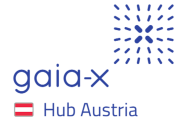Gaia-X Use Cases
Central to the evolution of data spaces is the user interface, a pivotal element in Gaia-X’s ongoing development. Herein lies the essence of user control – the ability for individuals and businesses alike to retain sovereignty over their data. This translates to the freedom to determine where their data resides, who manages it, and how it’s utilized.
Leveraging this data infrastructure, users gain access to expansive data pools and cutting-edge AI applications. Data transcends business boundaries, interconnecting and enabling its seamless processing to create value. This dynamic fosters innovation, harnesses synergies, and paves the way for groundbreaking business models.
The Gaia-X mission is underscored by an array of use cases across sectors, all of which underscore the tangible benefits of this data infrastructure. Continuously exploring, developing, and implementing novel use cases, the Hubs exemplify the indispensability and value of sovereign data infrastructure. These real-world use cases not only highlight sector-specific advantages but also inform the evolution of Gaia-X itself.
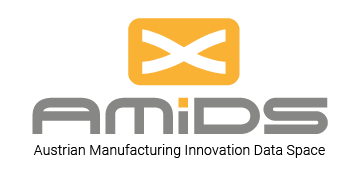
AMIDS
Data space to support production innovations.
AMIDS
The Austrian Manufacturing Innovation Data Space (AMIDS) represents an increase in the innovation rate through its own European data space, as well as a sustainable, easily accessible hub for complex innovation projects and straightforward access to the data space.
In the research sub-projects PilotLin-X and ResearchLin-X, the digital networking of the three established pilot factories—TU Wien Pilot Factory Industry 4.0, smartfactory@tugraz, and LIT Factory (JKU)—takes place to enable the demonstration of co-design and co-production of production components. This networking of production locations and processes of the pilot factories through Gaia-X forms the basis of a data space where the project’s consortium partners come together to form an “Austrian Manufacturing Innovation Data Space” (AMIDS).
Together with the research projects DIONE-X, ESCOM, EuProGigant, and Flex4Res, AMIDS is part of a project ecosystem that demonstrates how data-driven business models support the industrial value creation process and promote the reshoring of production companies to Europe.
Contact information for the project management:
For more information about the project, visit the AMIDS homepage (www.amids.at).

champI4.0ns
Intelligent and sovereign utilization of data using the example of the wood industry.
champI4.0ns
Companies are not fully tapping into the potential offered by comprehensive and cross-company data usage. Reasons for this include a lack of expertise, challenges in selecting suitable use cases, concerns about losing competitive advantages, and legal uncertainties. Concrete examples demonstrating how intelligent and sovereign data utilization can succeed in an industrial context are missing. champI4.0ns provides such examples with a focus on the wood industry, a medium-sized sector that relies on a material considered sustainable and future-oriented but is machine- and energy-intensive in processing. The project includes work on tamper-proof material tracking from the tree to the furniture, autonomous process control in pellet and wood material production, and customized stair manufacturing. The goals include increased transparency along the value chain, lower resource consumption, higher utilization of existing production facilities, reduced greenhouse gas emissions, and improved handling of the growing skilled labor shortage.
Contact details of the project management:
DI Dr. Daniel Bachlechner Location Manager Wattens Head of Innovation Field Data and AI Email: Phone: +43 676 88861663 Fraunhofer Austria Center for Sustainable Production and Logistics

EuProGigant
European Production Giganet for calamity avoiding self-orchestration of value chain and learning ecosystems
EuProGigant
EuProGigant stands for “European Production Giganet for Calamity Avoiding Self-Orchestration of Value Chain and Learning Ecosystems,” a binational research project focused on the intelligent and sovereign use of data in the European manufacturing industry. The project is being conducted by an Austrian-German consortium, led by the Vienna University of Technology (TU Wien) and the Darmstadt University of Technology (TU Darmstadt), with the goal of building a cross-location, digitally connected production ecosystem. As a flagship project of the Gaia-X initiative, which aims to establish an open, European data infrastructure, EuProGigant promotes a resilient, data-driven, and sustainable industry in Europe. In this ecosystem of data and infrastructure networks, we demonstrate how intelligent and sovereign data use can practically create added value for customers and manufacturing companies. This strengthens European industry and fosters the contribution of industry to the sustainable development of Europe.
Contact:
Vienna University of Technology
Karlsplatz 13, 1040 Vienna
Phone: +43 1 58801 0
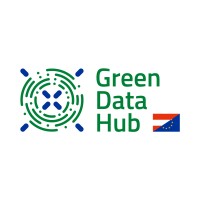
Green Data Hub
Linking Green Data Spaces & International Green Data Spaces
Green Data Hub
The Green Data Hub is a flagship project of the FFG and is based on two sub-projects:
LiGDS: Linking Green Data Spaces
- Cooperative Combat Against the Climate Crisis: The “Linking Green Data Spaces (LiGDS)” project is a collaborative initiative committed to the international goals of the European Green Deal, the Paris Climate Agreement, and the UN SDGs. It aims to contribute to environmental protection in Austria by creating a sustainable, decentralized data service ecosystem via Data Spaces.
- Integrative Networking for Progress Measurement: Project partners are evaluating use cases in various domains such as energy transition, mobility, circular economy, and digital climate twins. The resulting insights are communicated and validated internationally and nationally.
- Development of Sustainable Use Cases in Austria: Under the auspices of the BMK and FFG, DIO develops domain-specific use cases within the data service ecosystem, actively engaging its strong network.
- Formulation of Action Guidelines: LiGDS focuses on developing a module catalog to efficiently reuse and connect use cases. This catalog is intended as a foundation for an ecosystem offering intuitive plug-and-play solutions for businesses.
InGDS: International Green Data Spaces
- Promotion of International Cooperation in Climate Protection: InGDS represents an international extension of national efforts to address the challenges of climate change through cooperative networking of stakeholders from various sectors. This project aims to promote a sustainable data economy in line with the goals of the European Green Deal and the UN SDGs.
- Establishment of Data Spaces at National and International Levels: DIO collaborates with the stakeholder network to develop socio-ecologically sustainable use cases within data spaces. InGDS complements this effort by creating conditions for international cross-domain cooperation.
- Step-by-step Integration and Scaling of Data Spaces: InGDS aims for a gradual expansion of international partnerships. Through active community building and the integration of relevant groups into InGDS, existing and future data spaces and use cases are classified and visualized on a Data Space Radar.
- Development of Solution Approaches and Legal Frameworks: The challenges and solution approaches for international integration are analyzed considering technical, legal, and economic aspects. InGDS focuses on developing a structured component catalog serving as a blueprint to facilitate cross-country and cross-domain collaboration in data spaces.
- Future Perspective: Roadmap 2030: The results of the LiGDS (and InGDS) initiatives culminate in a Roadmap 2030, outlining which innovative data space elements and technologies need to be further developed for a holistic data service ecosystem by 2030.
Contact:
Hintere Zollamtstraße 1
1030 Vienna
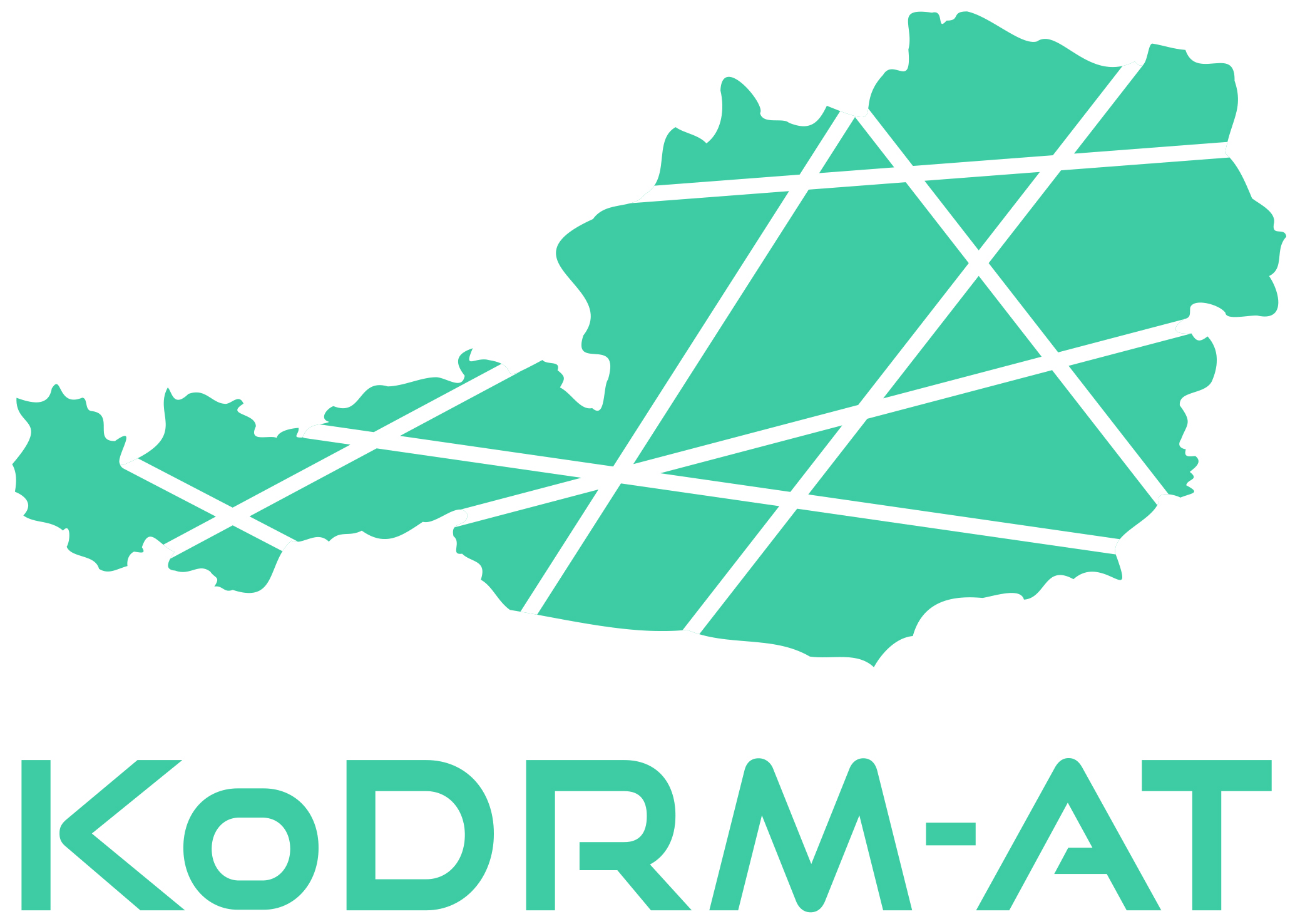
KoDRM-AT
Concept study for the implementation of a national mobility data space in Austria.
KoDRM-AT
The R&D service KoDRM-AT addresses the focus area 3.1.1 National Mobility Data Space of the “Digital Transformation in Mobility 2022” call for proposals by the Federal Ministry for Climate Action, Environment, Energy, Mobility, Innovation, and Technology in Austria. Under the coordination of Salzburg Research, key actors in the Austrian mobility data landscape (ASFINAG, ÖBB, Mobility Consortia Austria, ORF, ÖAMTC), supported by Quintessenz Organizational Consulting, Saxinger, Chalupsky & Partner Attorneys at Law, and Fraunhofer IVI, are working on the legal, organizational, and technical concepts, as well as concrete implementation steps, for sharing mobility data in the future within the framework of a national mobility data space, taking into account European conditions and existing national structures. General objectives, specific use cases, and requirements are defined collaboratively with the client and other relevant stakeholders in the Austrian mobility data landscape, while simultaneously considering European and national frameworks. The project’s outcomes are expected to include concrete implementation concepts and a rollout plan with practical implementation steps.
Contact information for the project management:
Dipl.-Ing. Dr.techn. Karl Rehrl
Head of Mobility & Transport Analytics
Salzburg Research Forschungsgesellschaft m.b.H.
Jakob Haringer-Strasse 5/III | A-5020 Salzburg
T: +43.662.2288-416 | M: +43.664.1440368
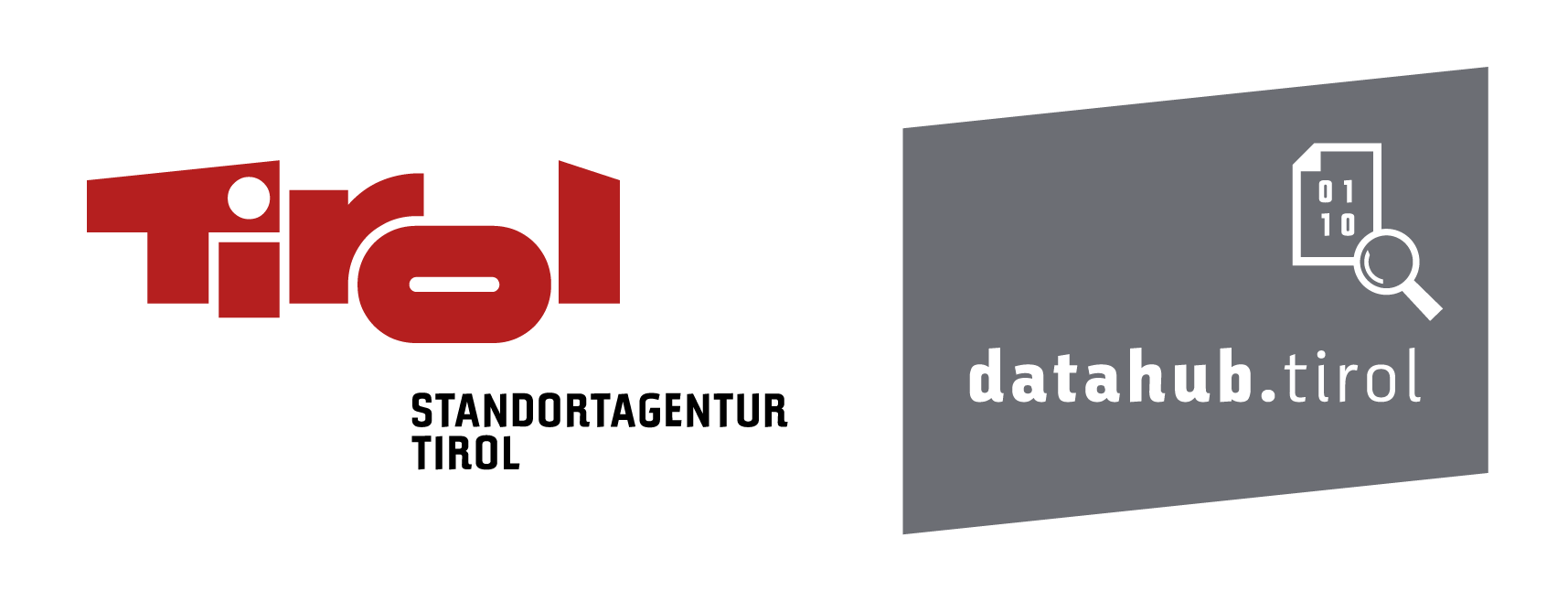
datahub.tirol
datahub.tirol of the digitalization initiative digital.tirol
datahub.tirol
The project datahub.tirol, part of the digitalization initiative digital.tirol, aims to design innovative applications and explore new business models by collaborating with companies and research & development using open data (which is technically accessible but not necessarily free). Additionally, the use and analysis of this data should strengthen the trust between politics, civil society, and administration.
The cross-sector and cross-border networking of regional, national, and international data initiatives will be a crucial success factor for the ongoing process, so that synergies, relevance, and the innovative power of an open digital data infrastructure can be maximized for all stakeholders in the market.
Therefore, in the future, Tyrol aims to provide a globally valid component for interconnected data (an internationally valid data standard), not just covering regional areas of action.
For this reason, the company/initiative supports the datahub.tirol project of digital.tirol in particular:
- by participating in future important data circles such as energy, mobility, tourism, as well as health, agriculture, education, industry, and infrastructure
- by creating innovative use cases
- by engaging in cross-border cooperative activities
- by jointly utilizing third-party funds at the federal and EU level
- by establishing a common understanding of data availability, standards, reliability, trust, accessibility, transparency, and quality, as well as connecting to international ecosystems.
By developing datahub.tirol, the Tyrolean economic and innovation strategy in the field of digitalization | measure “Further expansion of ICT and data infrastructures” is also directly supported.
Contact information for the project management:
Standortagentur Tirol GmbH
MMag. Fritz Fahringer
Ing.-Etzel-Straße 17
6020 Innsbruck

Smart FOX
Smart and Federated Open Data eXchange of Citizen-based Data Donations for Clinical Research
Smart FOX
For reasons of data protection or business protection, healthcare data is often not available for secondary use in clinical research. Analyzing data along a continuous patient pathway and involving various healthcare providers frequently poses a characteristic obstacle.
The goal of Smart FOX is to increase the efficiency of clinical research through improved secondary use of health data. Austria holds a significant competitive advantage in this regard, thanks to a decade of data harmonization activities by the national Electronic Health Records in Austria – ELGA (Electronic Health Record). Smart FOX aims to leverage this potential and establish the conditions for citizens/patients to contribute highly structured ELGA datasets for clinical research.
In this way, Smart FOX aims to advance the democratization of health data and prepare Austria for the European health data space.
Contact information for the project management:
DI Dr. Klaus Donsa, BSc Project Management
T +43 50550-2932 | M +43 664 88256026
Digital Health Information Systems Center for Health & Bioresources AIT Austrian Institute of Technology
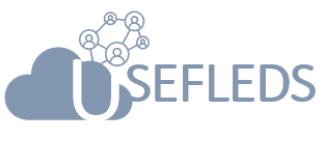
USEFLEDS
Unleashing Sector-coupling Flexibility by means of an Energy Data Space
USEFLEDS
USEFLEDS – Unleashing Sector-coupling Flexibility by means of an Energy Data Space explores the development of a common data exchange for the energy sector. A co-creation workspace connects, in iterative process steps, cross-project topics such as data economy, governance, energy economics, data spaces, and artificial intelligence. Building on these project focuses, the foundation for a common data exchange is established, enabling the development of data-driven services in favor of the energy transition and the achievement of climate goals.
Contact information for the project management:
Prof.(FH) Mag. Silke Palkovits-Rauter, PhD & Christoph Klikovits MSc
Homepage: usefleds.forschung-burgenland.at
Fachhochschule Burgenland GmbH / University of Applied Sciences Burgenland Director of Studies Department Informationstechnologie | Information Technology, Master Business Process Engineering & Management
